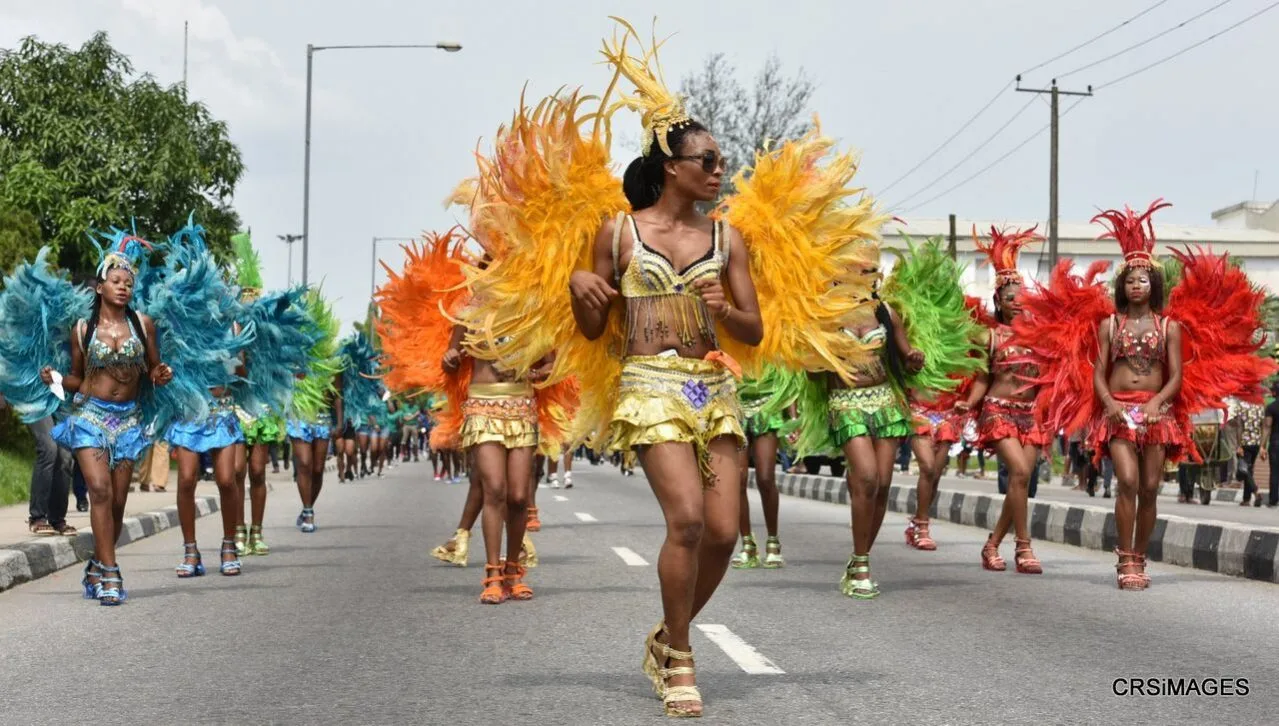

Nigeria is a country known for its cultural diversity, with over 250 ethnic groups and over 500 indigenous languages spoken. This diversity has been shaped by the country’s history, geography, and the interactions of different communities over time. In this article, we will provide an overview of the cultural diversity of Nigeria and explore the traditions and customs that make the country so unique.
The cultural diversity of Nigeria is reflected in its many ethnic groups, each with its own unique traditions and customs. The three largest ethnic groups in Nigeria are the Hausa-Fulani, Yoruba, and Igbo, but there are also many other groups, including the Kanuri, Tiv, and Edo. Each of these groups has its own language, customs, and beliefs, which are passed down from generation to generation.
Nigerian cuisine is also diverse, with regional specialties reflecting the country’s many ethnic groups. For example, in the north, dishes such as tuwo shinkafa (rice pudding) and miyan kuka (baobab leaf soup) are popular, while in the south, dishes such as jollof rice, pepper soup, and eba (cassava-based dough) are more common.
Traditional Nigerian weddings are also a celebration of cultural diversity. Depending on the ethnic group, wedding ceremonies can last for several days and involve elaborate rituals and customs. For example, in Yoruba weddings, the groom’s family has to present gifts to the bride’s family, while in Igbo weddings, the bride is required to kneel before her husband’s family and serve them food as a sign of respect.
In addition to weddings, festivals are an important part of Nigerian culture. Each ethnic group has its own festivals, which are often linked to religious or agricultural events. For example, the Durbar festival, which takes place in the north, is a celebration of the end of Ramadan and involves horse-riding displays and traditional music and dance.
Religion is also an important aspect of Nigerian culture, with Christianity and Islam being the two dominant religions. However, traditional African religions still play a role in many communities, particularly in rural areas.
The arts are also an important part of Nigerian culture, with traditional forms of expression such as dance, music, and sculpture still playing a significant role in contemporary society. Nigerian literature, which includes both oral and written traditions, has also gained international recognition in recent years.
In conclusion, the cultural diversity of Nigeria is a reflection of the country’s rich history and the interactions of its many ethnic groups over time. From traditional weddings to regional cuisine, festivals, and the arts, Nigerian culture is a celebration of diversity and tradition.





